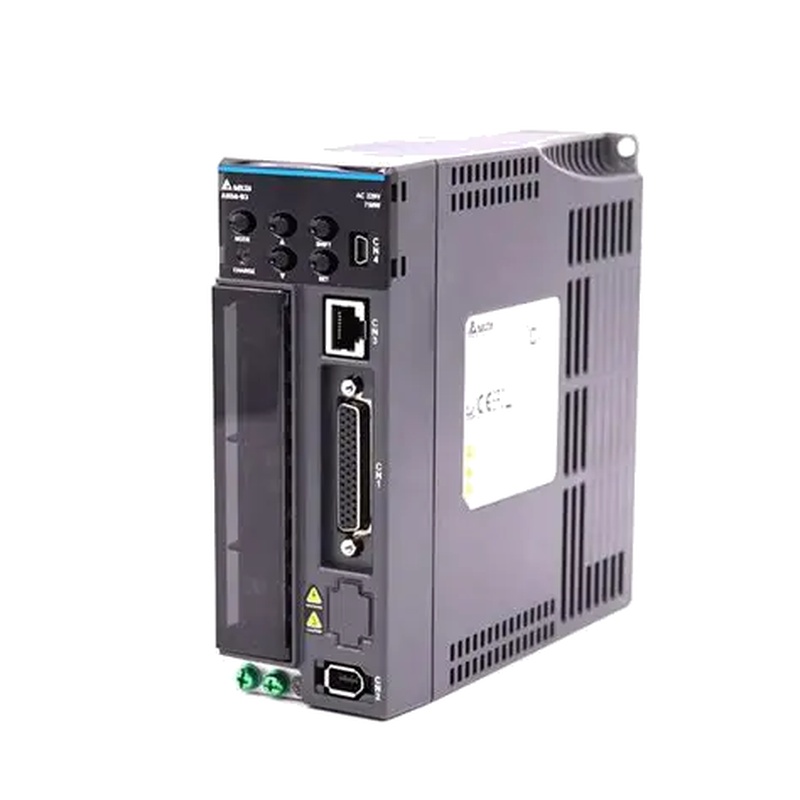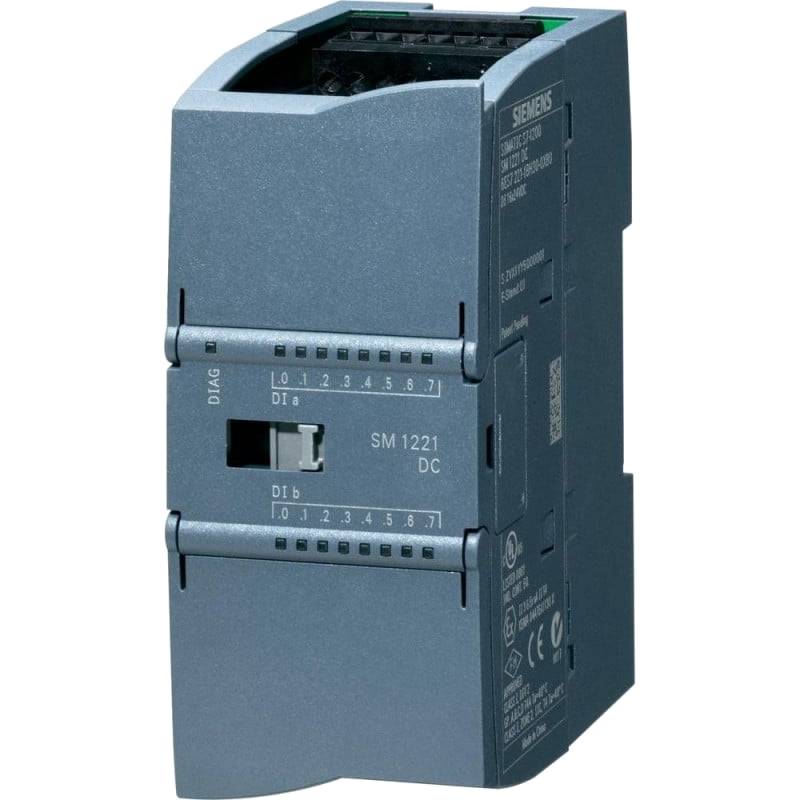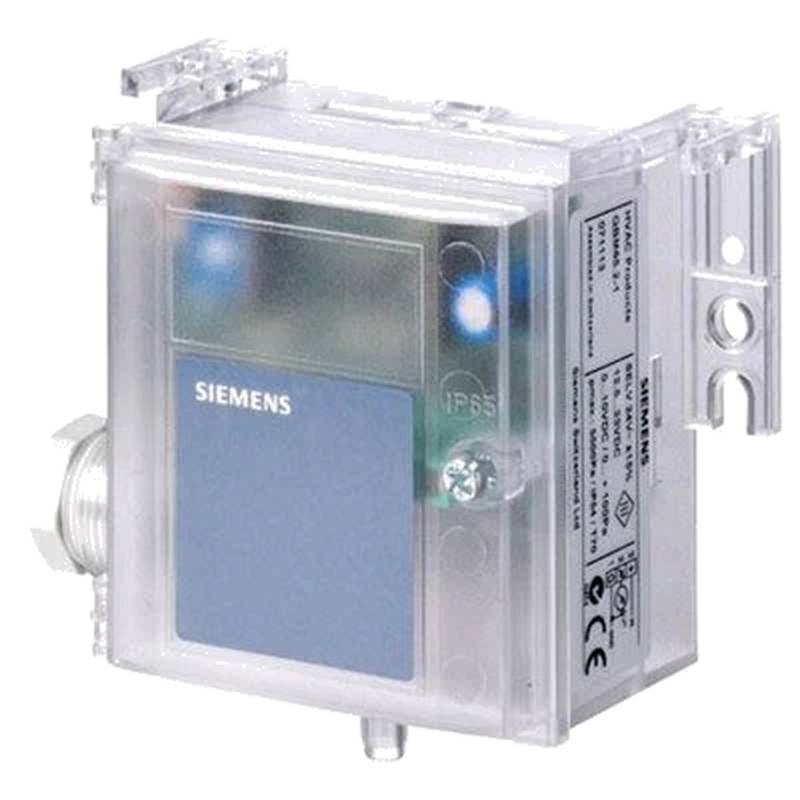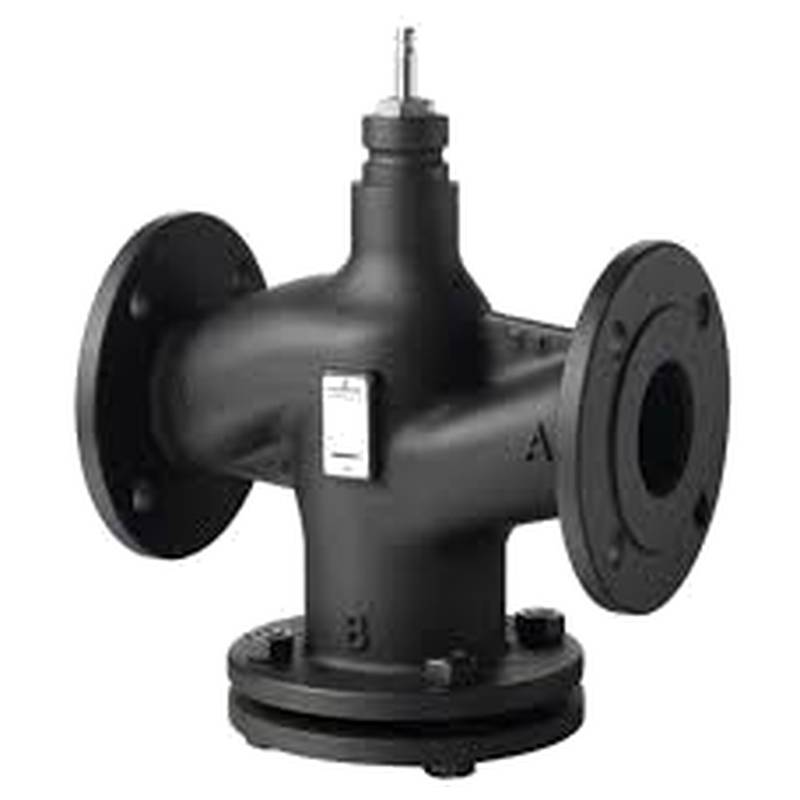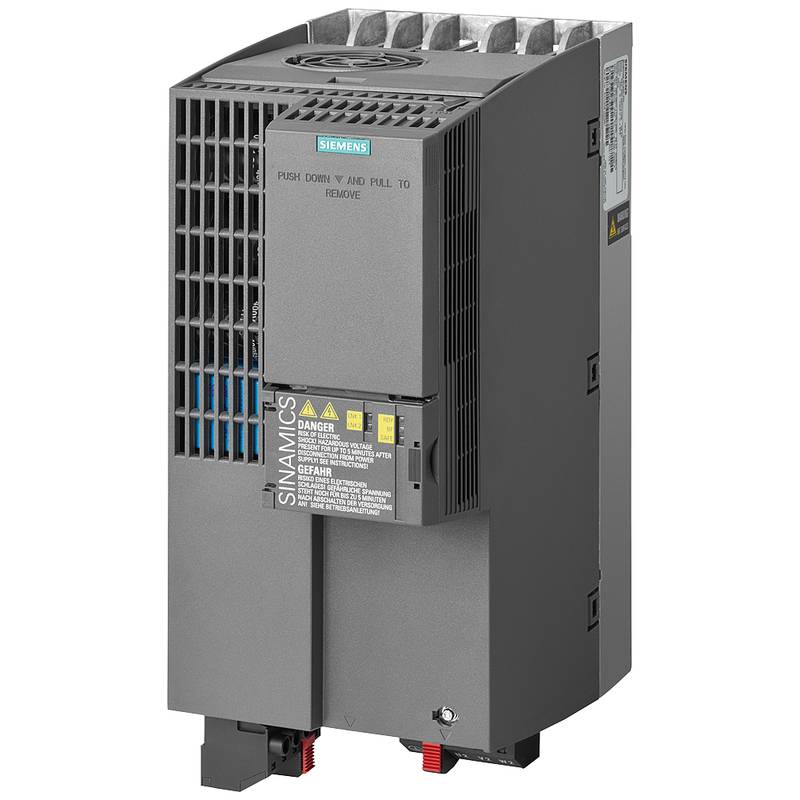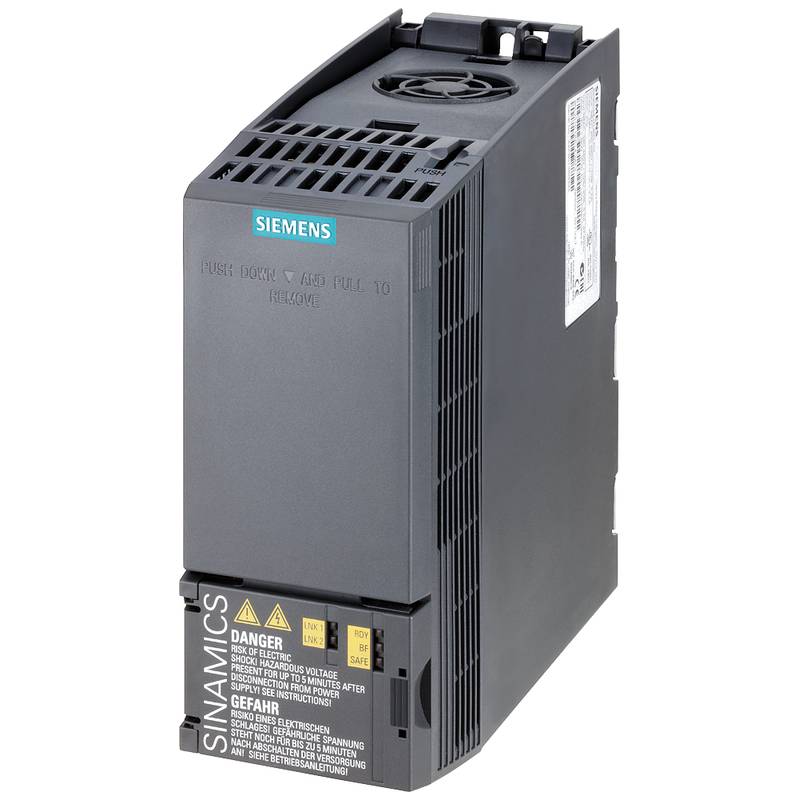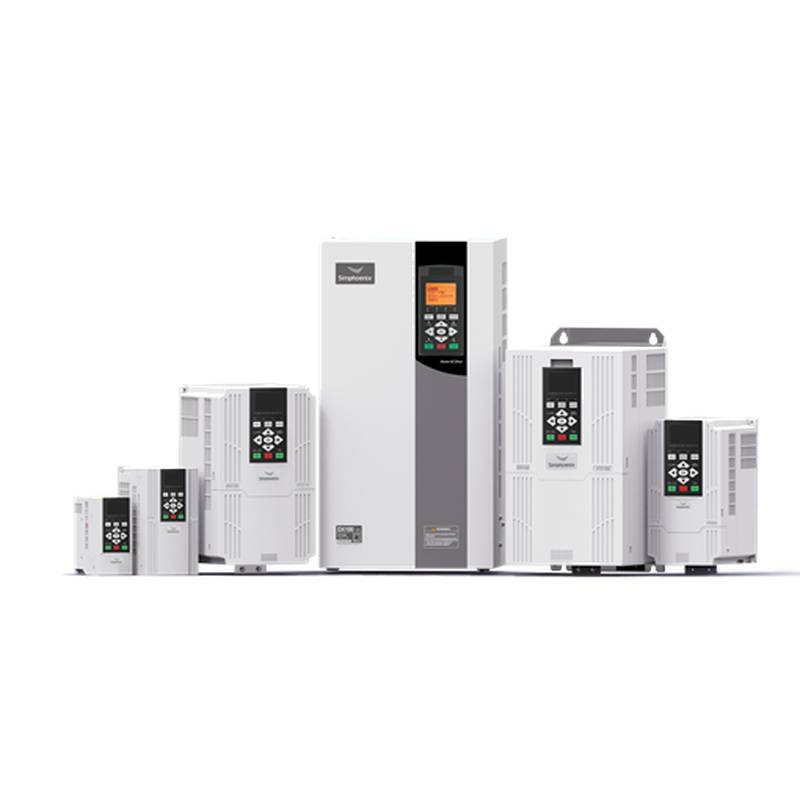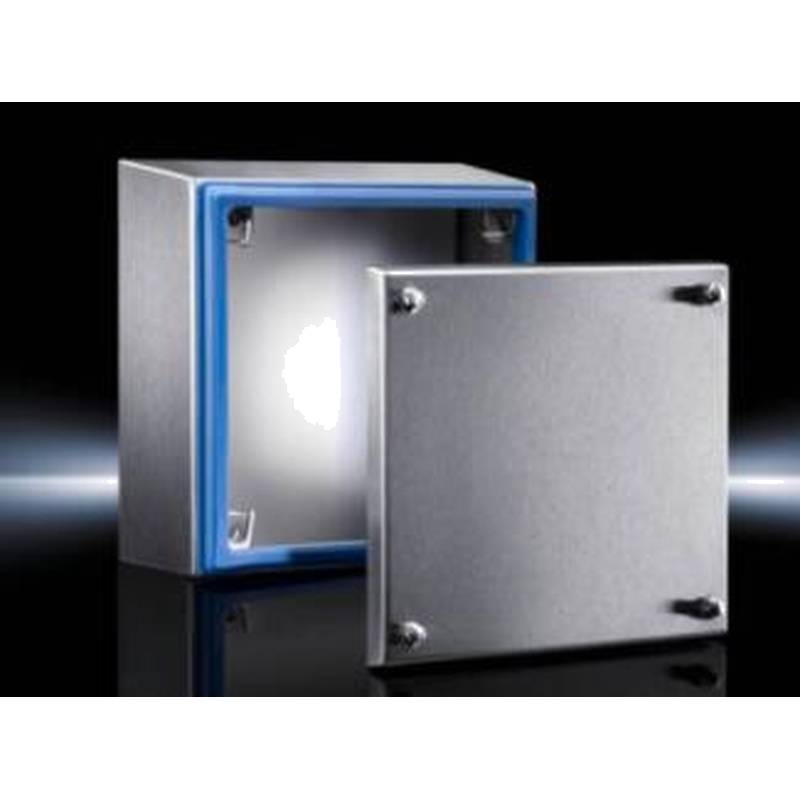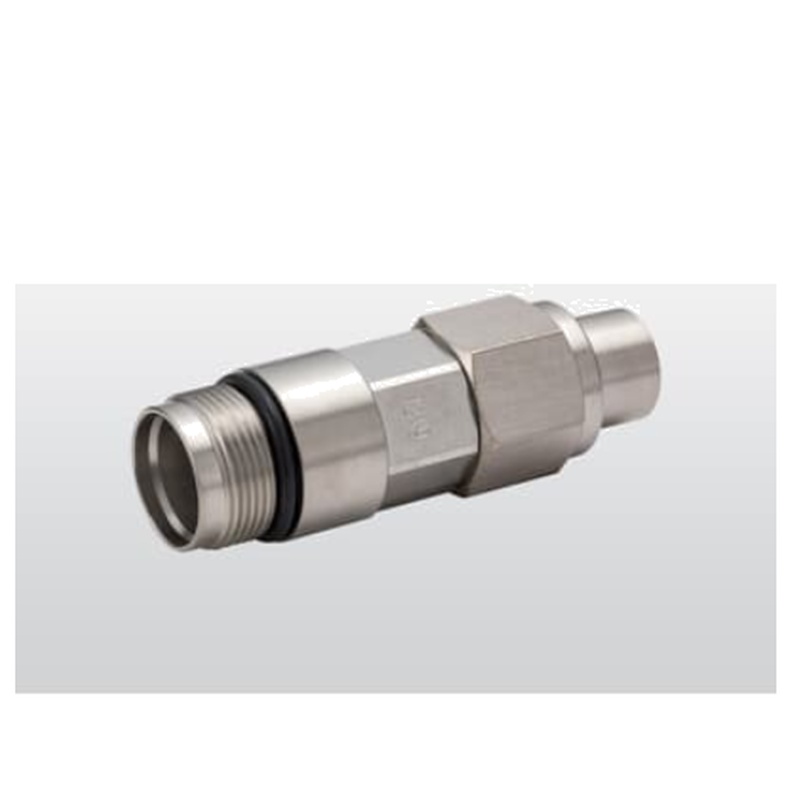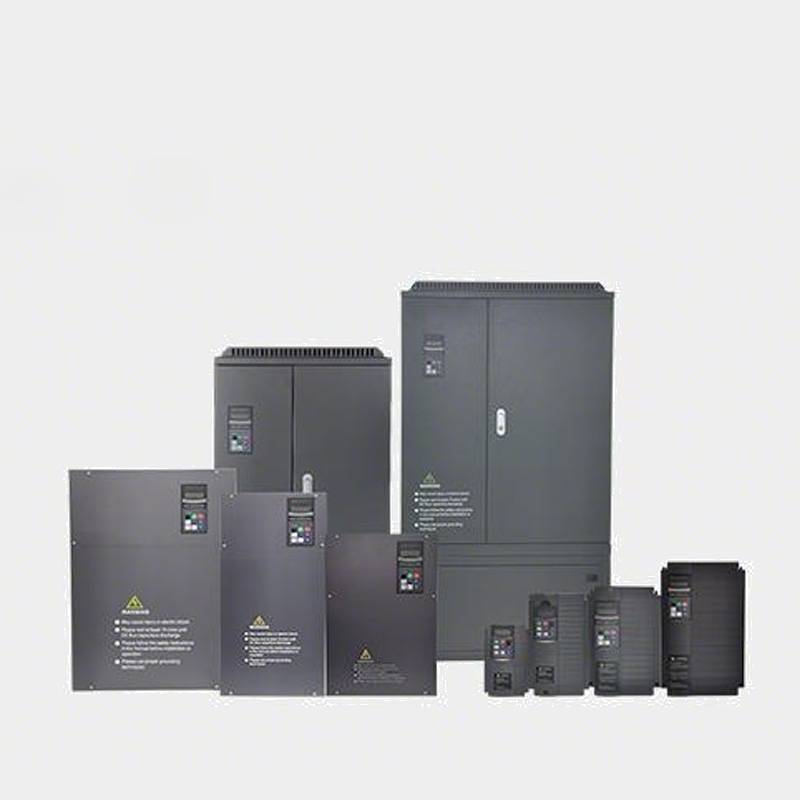
Delta ASD-B3-1543-M High Inertia Three Phase Servo Drive System
The Delta ASD-B3-1543-M servo drive system stands as a robust solution for industrial automation, offering superior precision, high responsiveness, and advanced control capabilities. Engineered for demanding applications, this three-phase servo drive integrates seamlessly into sophisticated machinery, optimizing operational efficiency and output value. Its key advantages lie in its accelerated settling times, advanced diagnostic features, and compatibility with a wide array of high-speed communication protocols, making it a competitive choice in the servo drive market.
Product Specifications
| Specification | Detail |
| :--------------------- | :------------------------------------------------------------------ |
| Series | ASDA-B3 |
| Model Number Suffix | M (High Inertia) |
| Power Input | Three Phase 380VAC |
| Output Power | Typically up to 1.5 kW (for models of 1.5 kW and below, single-phase power supply can be used) |
| Communication Bus | Multiple high-speed options including CANopen, DMCNET, EtherCAT |
| Encoder Resolution | 24-bit absolute encoders |
| Maximum Speed | 6000 rpm |
| Maximum Torque | 350% of rated torque |
| Settling Time Reduction| 40% compared to previous models |
| Frequency Response | Up to 3.1 kHz |
| Safety Function | Built-in Safe Torque Off (STO) SIL-2, PL-D |
Core Features & Market Positioning
The Delta ASD-B3-1543-M is positioned as a high-performance, user-friendly servo drive system that elevates industrial automation. Its market competitiveness is driven by a 40% reduction in settling time compared to previous Delta models, enabling significantly faster cycle times and increased productivity. The integration of 24-bit absolute encoders provides exceptional positioning accuracy, crucial for applications demanding precision. Furthermore, the drive supports multiple high-speed communication buses such as EtherCAT, CANopen, and DMCNET, facilitating seamless integration into complex automation architectures and offering flexibility in system design. The inclusion of advanced functions like auto-tuning, gain adjustment, system analysis, and vibration suppression differentiates it as a sophisticated solution for optimizing machine performance.
Key Application Scenarios
The Delta ASD-B3-1543-M servo drive system is ideally suited for a wide range of demanding industrial applications where precision, speed, and reliability are paramount. Its high inertia characteristics make it particularly well-suited for applications requiring stability under load or resistance to external forces. Common application scenarios include:
Machine Tools: For precise control of cutting, grinding, and milling operations. Industrial Robots: Enabling accurate and dynamic movements for pick-and-place, assembly, and welding tasks. Electronics and Semiconductor Manufacturing: Facilitating high-speed, high-precision placement and handling of delicate components. Printing and Packaging Machinery: Ensuring consistent speed and precise positioning for high-throughput operations. Textile Machinery: For intricate fabric manipulation and high-speed weaving or knitting processes. Warehousing and Material Handling: Powering automated guided vehicles (AGVs) and sophisticated conveyor systems.
Practical System Integration Guidance
Integrating the Delta ASD-B3-1543-M into an existing or new system involves careful consideration of wiring, parameter configuration, and communication setup. The drive supports various communication protocols, including pulse train, analog voltage control, Modbus RS-485, CANopen, DMCNET, and EtherCAT, offering versatile connectivity options. For successful integration:
Wiring: Ensure all power and signal connections are made according to the ASDA-B3 User Manual, paying close attention to motor, power input, brake resistor, and encoder wiring. Proper grounding is essential for safety and performance, with specified copper or aluminum wire cross-sectional areas required. Parameter Configuration: Utilize the ASDASoft software for configuration, commissioning, and diagnostics. The auto-tuning function simplifies the process of optimizing servo parameters for specific motor and load characteristics, reducing setup time. Advanced gain adjustment and vibration suppression functions allow for fine-tuning to achieve optimal performance in complex mechanical systems. Communication Setup: Configure the selected communication protocol (e.g., EtherCAT) according to the network requirements. The EtherCAT command frequency can be as high as 8kHz, enabling high-precision synchronization and data exchange.
Operation and Risk Mitigation
Safe and efficient operation of the Delta ASD-B3-1543-M servo drive system is critical. The system incorporates built-in safety features, most notably the Safe Torque Off (STO) function, which meets SIL-2 and PL-D safety integrity levels, eliminating the need for an additional external module for basic safety requirements.
Safety Precautions: Always adhere to the safety guidelines outlined in the user manual, including proper installation within a shielded control cabinet, correct grounding, and ensuring emergency stop functionality is active. Avoid exposing the drive to environments with excessive moisture, corrosive gases, or flammable substances. Troubleshooting Common Issues: The drive provides diagnostic information through a 7-segment display and alarm codes. Common alarms relate to encoder errors (AL064, AL073), motor type mismatches (AL069), or communication issues (AL000 range for communication errors). The ASDA-B3 User Manual provides a comprehensive list of alarm codes and their corrective actions. For instance, an AL088 "Servo function operational alarm" might indicate too many motor control functions are enabled, requiring a review of active functions.
Scalability & Long-Term Value
The Delta ASD-B3-1543-M offers significant long-term value through its scalability and compatibility. As part of Delta's third-generation servo systems, it is designed for integration with evolving automation platforms. The system supports various communication protocols, allowing it to be incorporated into diverse industrial networks and potentially connect with Industrial IoT (IIoT) solutions for advanced monitoring and control. Compatibility with previous Delta servo drive series, such as ASDA-A2 and ASDA-A3, can facilitate upgrades and ensure backward compatibility for existing installations. The availability of software updates and the robust feature set contribute to the system's longevity and adaptability to future automation requirements.
Frequently Asked Questions
1. What are the primary advantages of the Delta ASD-B3-1543-M over older models?
The Delta ASD-B3-1543-M significantly enhances performance with a 40% reduction in settling time compared to previous generations. It features advanced functions for gain adjustment and vibration suppression, alongside support for 24-bit absolute encoders for superior precision. The system also offers broader communication options, including high-speed EtherCAT, facilitating more integrated automation solutions.
2. What types of applications are best suited for the ASD-B3-1543-M, particularly due to its high inertia rating?
High inertia ratings are beneficial for applications demanding high stability, such as those involving continuous motion or resistance to external forces. This includes roles in machine tools requiring steady cutting, robotic arms needing controlled inertia during complex movements, and material handling systems where consistent momentum is key.
3. How does the 24-bit absolute encoder improve performance in the ASD-B3-1543-M?
The 24-bit absolute encoder provides an extremely high resolution of over 16.7 million pulses per revolution. This results in unparalleled positioning accuracy, ensuring that the servo system can achieve and maintain precise target locations without losing position information, even after power cycles.
4. What are the main communication protocols supported by the Delta ASD-B3-1543-M?
The ASD-B3-1543-M supports a variety of high-speed communication protocols, including EtherCAT, CANopen, DMCNET, and Modbus RS-485. This allows for flexible integration into different industrial network architectures and advanced control systems.
5. Can the Delta ASD-B3-1543-M be powered by a single-phase power supply?
Models up to 1.5 kW in the ASDA-B3 series can utilize a single-phase power supply. However, for models 2 kW and above, a three-phase power supply is required. The ASD-B3-1543-M, with its typical power output, likely falls within this range.
6. What safety features are integrated into the ASD-B3-1543-M servo drive system?
A key integrated safety feature is the Safe Torque Off (STO) function, which meets safety integrity levels of SIL-2 and performance level D (PL-D). This function ensures that the motor cannot be unintentionally energized, providing a critical safety layer in industrial environments.
7. How is the auto-tuning function beneficial for system integration and commissioning?
The auto-tuning feature simplifies the commissioning process by automatically optimizing servo gain parameters based on the connected motor and load characteristics. This reduces the need for manual adjustments and expert knowledge, significantly shortening setup and tuning time.
8. What is the maximum frequency response of the ASD-B3-1543-M, and why is it important?
The ASDA-B3 series offers a high frequency response of up to 3.1 kHz. This high bandwidth allows the servo system to react rapidly to command signals and disturbances, leading to more precise control, faster movement, and improved overall system performance in dynamic applications.
9. How does the ASDASoft software aid in the operation and maintenance of the ASD-B3-1543-M?
The ASDASoft software provides a user-friendly graphical interface for configuration, parameter setting, diagnostics, and troubleshooting. It streamlines the commissioning process and facilitates efficient monitoring and maintenance of the servo drive system.
10. Is the Delta ASD-B3-1543-M compatible with older Delta servo drive models?
The ASDA-B3 series models are compatible with ASDA-A2 and ASDA-A3 series models, potentially facilitating upgrades and integration into existing Delta automation setups. This backward compatibility offers long-term value and flexibility for users.














